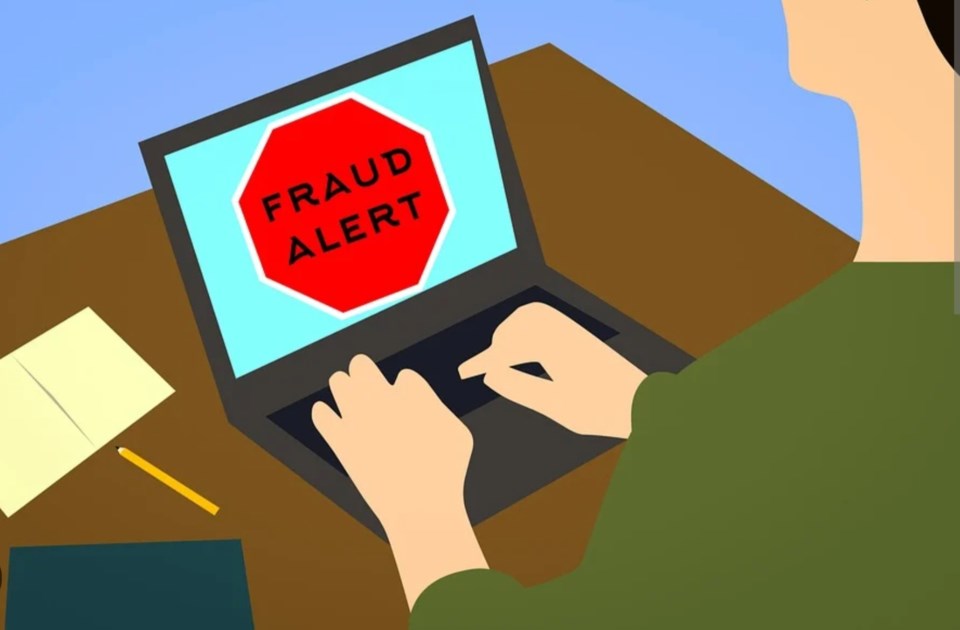ALBERTA – The Canadian Anti-Fraud Centre put out a warning about a growing number of reports of ‘bank investigator’ scams happening on June 27.
“Fraudsters are impersonating financial institutions, law enforcement, Amazon and credit reporting agencies claiming that the victim's bank account has been compromised,” said the Canadian Anti-Fraud Centre in their Facebook release.
“In some cases, suspects provide some of the victims' personal information, which might include name, date of birth, phone number, address, social insurance number, and debit card number to make the call seem legitimate.”
They have provided victims with fake call-back numbers where the person who answers impersonates the bank or organization they pretend they are from.
An example of this type of scam is victims who receive a call that is automated claiming to be their chosen financial institution, local law enforcement or credit reporting company like Equifax.
Some victims have gotten these automated calls from fraudsters where they from Amazon saying someone has made a transaction on their account.
These criminals ask for access to the victim’s computer to continue their investigation and show a fake transaction on the victim’s account.
In these cases, the victim is asked for money to continue the investigation.
There are situations where the criminals will tell the victim that they have deposited a large amount of money into their account to lure the so-called thieves and ask for the victim to send them the money back.
The money was never deposited in the first place.
With the new multi-layer verification on accounts, criminals are having a harder time accessing accounts and have tried to get victims to reveal the verification code so they can access the money.
These criminals also use what is called ‘Call-spoofing’ where the number on call display is not accurate, although it may look like a local number that is not where the call is coming from.
Fraudsters might provide part of the debit card number, but the first four to six numbers are the bank identifier numbers for your bank, not unique to your card.
The Canadian Anti-Fraud Centre advises if you receive a call like this, tell them you will call them back.
Call the phone number on the back of your debit card.
Do not use the callback number provided during the suspicious call.
Real institutions or online retailers will not ask you to send money or transfer funds.
Never let anyone remote access into your computer.
Take advantage of the multi-level access options to keep accounts safe.
For more information visit https://antifraudcentre-centreantifraude.ca/index-eng.htm




